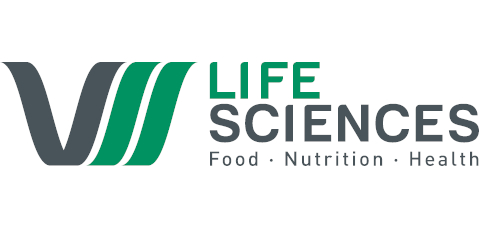Study
Proven strengths in the field of "food and health sciences" such as food law, health management, and bioanalytics will be strengthened and complemented in a targeted and complementary manner in order to establish innovative, internationally oriented bachelor's and master's programmes.
Go to the application platform here!
Interdisciplinarity
Faculty VII offers great opportunities to deal with the extraordinarily important questions of the future concerning nutrition and health in its unprecedented interdisciplinary orientation. Our interdisciplinary study programmes produce excellently trained scientific specialists who can competently combine concepts and ways of thinking from different disciplines relevant to food, nutrition, and health.
Possible lines of questioning might be:
- Why is one particular diet more conducive to good health than another?
- How exactly does regular exercise reduce the risk of Alzheimer’s Disease?
- What behavioural patterns and socio-economic factors prevent people from acting in the interest of their own long-term well-being?
Overarching questions of this kind remain largely unanswered. At the Faculty of Life Sciences: Food, Nutrition and Health, the new perspectives for molecular and biochemical research opened up by the methodological revolutions currently unfolding are to be combined with modern concepts from the economic, legal, social, and behavioural sciences. By networking with the proven strengths of the University of Bayreuth, fundamental insights can be gained and the corresponding social initiatives can be developed.
Internationality
A second basic orientation for Faculty VII, in addition to the emphasis on interdisciplinarity, is its international orientation. The majority of the courses will therefore be taught in English. There is a great interest in nutrition and health in European, African and Asian countries. This is not surprising as the challenges are global. China and India, for example, are already the countries with the highest number of Type II diabetes cases. In countries such as Nigeria and Egypt, non-communicable diseases are becoming increasingly prevalent, in addition to the problems caused by the undersupply of essentials.
Our study programmes:
Are you hungry for an interdisciplinary study programme in life sciences? You would like to get to know our lecturers and typical study contents? Here you can taste it!
We need your consent to load content.
In order to show videos we use the services of third-party providers. These providers can collect data about your activities. Further details can be found under “Learn more”.
We need your consent to load content.
In order to show videos we use the services of third-party providers. These providers can collect data about your activities. Further details can be found under “Learn more”.


